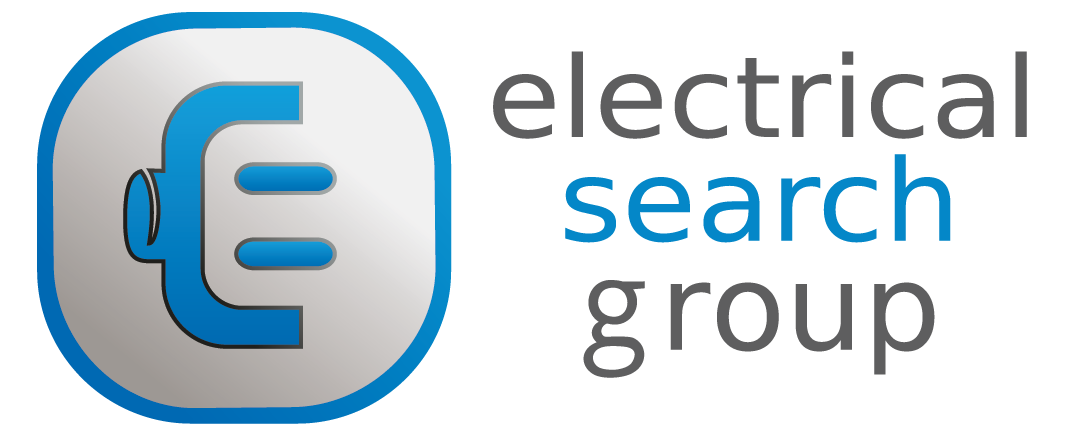Going in to a job interview is a nerve-wracking experience. When you enter that room, you may believe that you are being gauged on everything you say, but you are also being gauged on everything you do. The things you don’t say, the movements you make, the mannerisms you affect and other non-verbal cues are all being evaluated during an interview, because these things say just much about who you are as the words you use. Here are a few things your body language can tell people even when you’re not speaking.
Posture
How you sit in that chair is going to be a telling indicator to interviewers. Sitting back or slouching can mean you may be lazy, or worse, arrogant and are already viewing your interviewers in a condescending way. Leaning forward can be taken as aggressive, meaning that you may be a confrontational person that provokes arguments where there are none.
Crossing Arms
This is a hard habit to break unless you take the time to be aware of yourself. Crossing arms, especially in high stress situations, is usually a response of defensiveness or even resistance. People who cross their arms in interviews may be just nervous, or it may go beyond that, but it clearly tells an interviewer you are not relaxed, and you are feeling threatened in some way.
Fidgeting
This is another tough habit to break if you’re consciously aware you’re doing it. Fidgeting is another sign of nerves, but it can be extremely distracting for the interviewer as well, since it will be easier to concentrate on what you’re doing rather than what you’re saying. Twitching limbs, jingling coins and other repetitive potentially noisy motions can derail what you’re saying and draw attention away from you and to your nervous reaction.
Shifting Eyes
Eyes that dart or shift about are a big warning sign in interviews as this is also a common trait of someone that is lying. Once again, this may be a simple case of nerves, but it’s important to control this type of behavior, especially when it comes to answering questions you’ve been asked. Not being able to look an interviewer in the eye and constantly dart your gaze can make people cautious about you.
The most important thing you can do for yourself before an interview is try to be aware of the subconscious body language you may be transmitting, and then work to control it. It can make all the difference when it comes time to meet for an interview.









